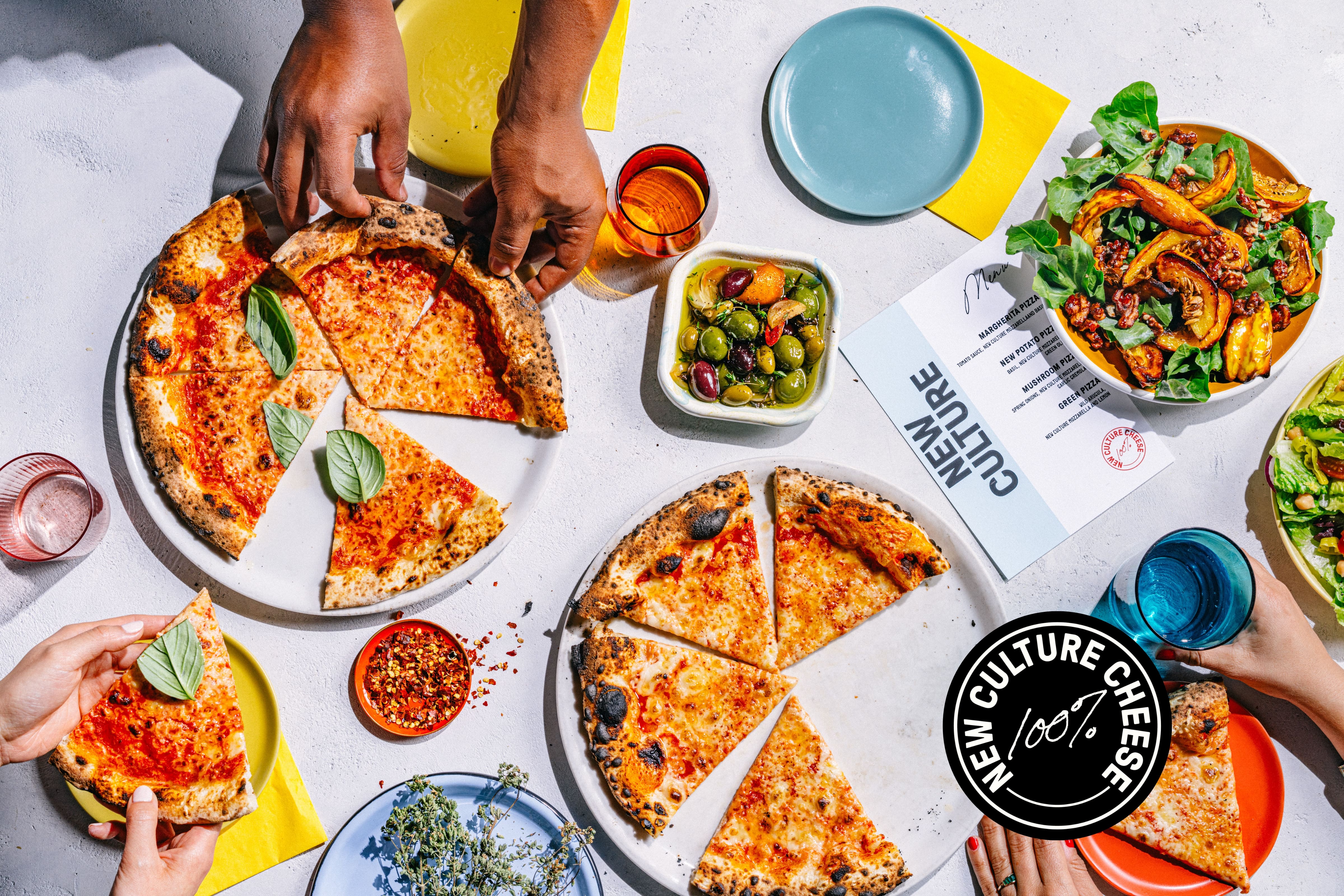New Culture’s submission of its product label and registration for its animal-free mozzarella to the California Department of Food and Agriculture (CFDA) “represents an important maturation and a readiness” for the company to launch its product to market, explained Inja Radman, co-founder and CSO, New Culture in an interview.
“From an operational standpoint it means we have ironed out some very important production and formulation details. Taken together, this milestone is another demonstration of our market leadership in animal-free dairy,” Radman said.
Currently, the company is waiting on feedback from CFDA and “are eager to work with them to secure the necessary approvals for launch,” Radman said.
New Culture’s animal-free mozzarella contains dairy casein made via precision fermentation that delivers the “same taste, texture and mouthfeel as conventional dairy” with no lactose or cholesterol and minimal environmental impact, according to the company.
Casein is a critical protein in cheese’s performance and contributes to its melting, stretching, bubbling and browning properties. Other ingredients in New Culture’s mozzarella include water, sunflower oil, coconut oil, salt, sugar, starch and fortifying minerals that naturally exist in conventional cheese, per the company.
New Culture’s mozzarella contains 5 grams of protein and 2 grams of carbohydrates, in contrast to 6 grams of protein and less than 1 gram of carbohydrates in conventional mozzarella, according to the company. The cheese is also free from soy, nuts, gluten and trace hormones and antibiotics commonly found in animal milk, expanding its “appeal to so many consumer groups,” Radman added.
Reaching price parity with conventional mozzarella
New Culture’s CFDA submission is coming off the heels of the company reaching a key milestone in achieving price parity with traditional mozzarella.
Last month, the company achieved a 28% reduction in the casein inclusion rate for its mozzarella. The reduction surpasses a significant threshold and reduces casein usage by over 50% compared to its conventional counterpart.
The company’s breakthrough is a path towards “financial viability” and “on par with conventional mozzarella costs” to “reach positive net margin,” explained Matt Gibson, co-founder and CEO, New Culture, in a previous interview.
Currently, New Culture’s profitability lies in foodservice and restaurants. The company relies on feedback from chefs and food service operators to improve the quality of its mozzarella. Prior the CFDA review process, New Culture will feature its animal-free mozzarella in Chef Nancy Silverton’s Pizzeria Mozza in Los Angeles. However, in time, the company has plans to expand into retail after a few years, according to Gibson.

